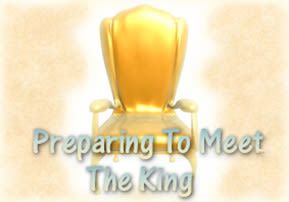
Preparing To Meet The King
During Elul and Tishrei God is compared to a King who leaves his Castle and goes out to meet his people in the Field. Not only does He make it easy for us...

The month of Elul is the link between the disastrous events of Tamuz and Av and the Day of Atonement that occurs next month during Tishrei. Because it is a time of spiritual repair and coming closer to God, it is one of the most beloved months in the Jewish calendar.
On the 17th of Tamuz, when Moshe (Moses) saw some of the Jews dancing about the Golden Calf, he smashed the two Tablets of the Law that he had brought down from Mount Sinai. Things went from bad to worse on the 9th of Av when ten of the twelve princes sent to spy out the Land of Israel came back with an evil report.
However, on the first day of Elul, when Moshe once again ascended to the mountaintop and began another 40-day period of fasting and prayer, the repairing of the relationship between God and the Jewish people began. On Yom Kippur, which falls on the 10th of Tishrei, his prayers on behalf of the Jewish people were answered. God forgave the Jewish people and gave Moshe a second set of the Tablets of the Law.
From that time onward, this 40-day period between the first day of Elul and Yom Kippur continues to be a time when the Gates of Repentance are wide open. Although God is always waiting for His children to come back to Him, during the rest of the year He waits, so to speak, for us to seek Him out in Heaven. During Elul and Tishrei, however, God is compared to a King who leaves his Castle and goes out to meet his people in the Field. Not only does He make it easy for us to approach Him, but He also seeks us out.
Because we do not want to waste this precious opportunity to repair our relationship with God, Elul is the time when Jews throughout the world turn inward and perform a cheshbon nefesh (accounting of the soul).
Yet before we can properly do the work of Elul, we first have to understand what happens when we “meet” God on Rosh Hashanah – which is one of the strangest holidays in the Jewish calendar.
A Strange Holiday for a Strange People
On Rosh Hashanah every living being is judged. In fact, our Sages tell us that on Rosh Hashanah everything is determined for the coming year: our livelihood, our health, even life itself.
The Talmud points out that a person awaiting a life-or-death judgment from an earthly court usually becomes so worried about the outcome that he completely forgets about such mundane matters as bathing and cutting his hair. He may even become so distraught that he forgets to eat.
With so much hanging in the balance one would expect that the Jewish people would approach the day of Rosh Hashanah in a similar manner and that the two-day holiday would be spent in crying and pleading with God to grant us our needs. Yet the exact opposite happens.
On the day before Rosh Hashanah, the Jewish people busy themselves with getting haircuts and preparing their finest clothes. On the holiday, itself – the very day when we are being judged – we eat sumptuous meals on tables set with our finest china and crystal.
Of course, we also spend many hours in the synagogue, but even here something very strange happens. Although during the rest of the year we ask God to provide for our needs during the three daily prayer services, on Rosh Hashanah there is absolutely no mention of our personal needs. The entire liturgy is devoted to one topic and one topic alone: we ask God to be our King and to establish His Kingship over the entire world.
What’s going on here?
If we were to present God with a laundry list of our needs on this day, we might fall into the trap of getting the relationship backwards. We might think, God forbid, that it is we who are kings and He is our servant Who must do our beck and call.
However, when we spend all morning in synagogue proclaiming that God is our King, we get it drummed into our heads that there is Someone Who rules over us. If we properly do the work of the day, we come to the realization that because He is the Master of the Universe, God has perfect knowledge of where we as individuals fit into the big picture. We don’t need to tell Him what we lack because He already knows what resources we need to accomplish our task in this world.
Therefore, if we learn how to listen to the message of Rosh Hashanah, we come to a point where we are able to say to God: “You are my King. I leave it to You to decide what I need during the coming year. I trust your judgment.”
This is also why we can appear before the Heavenly Court relaxed and well fed and dressed in our finest clothes. We know that our lives are in the hands of a benevolent ruler Who desires only what is best for us. Whatever the judgment may be, we are sure that it will be for our good.
Do Your Homework
Although Rosh Hashanah lasts for two days and so we have many opportunities to internalize its message, it’s still not easy to change old patterns of thinking about who is the “Boss” in such a short amount of time. Therefore, God gave us the gift of Elul. We have a full month to re-examine our relationship with God and think more deeply about what we need to do on a personal, individual level to make God our King.
Elul demands that we take time out for quiet meditation. We are expected to look back over the past year and examine our spiritual account books to see if our “life business” is flourishing or floundering according to God’s accounting standards. Once we understand that we are servants of God, we have to ask ourselves if we used God’s resources wisely during the past year – His gifts of good health and a good livelihood – or are we guilty of mismanagement or negligence.
In addition, this is the time to take a serious look at our relationships with family and friends and business associates. If we are harboring a grudge against someone or still nursing a long-term emotional hurt, Elul is the time when we must deal with this unfinished business.
During the week before Rosh Hashanah, we begin to recite prayers called Selichot – which means “forgiveness.” Because God runs the world according to the principle of midda k’neged midda (measure for measure), we can only ask God to forgive us if we have demonstrated that we are willing to forgive others.
Forgiving others isn’t always easy, but our Sages offer two sure-fire ways to open up the heart. First, we should give more tzedakah (charity) than usual. Second, we should also try to perform many acts of chesed (kindness) for others. When we actively search out ways “for giving,” we find that “forgiving” naturally follows.
Another important part of the teshuva process is to chart out a course of self-improvement for the coming year. The leaders of the Mussar (Ethical) Movement therefore advise us to sit down with pencil and paper and clearly articulate our goals and how we plan to accomplish them. However, they warn us to only work on one or two character traits at a time. Working on controlling one’s anger or becoming a more positive person is a huge task that can take many months, so it’s better to make slow but steady progress than to try to change too much at once.
Finally, Elul is a time for tefilla (prayer). Sometimes we don’t know how to repair our relationships with others or how to go about changing ourselves for the better. During Elul we can ask God to help us – and be confident that if we sincerely want to do teshuva our prayers will be answered.
I Am My Beloved’s and My Beloved Is Mine
In Hebrew, Elul is spelled Alef-Lamed-Vav-Lamed, which is an acronym for the phrase Ani L’dodi, V’dodi Li – I am my beloved’s and my beloved is mine.
This phrase from the Song of Songs (6:3) is a description of the relationship the Jewish people have with God. When we use the month of Elul to awaken our desire to return to God, then God, in turn, is aroused to forgive us and judge us with mercy on Rosh Hashanah.
Best wishes to all for a good and a sweet New Year. May the spiritual work we do this month help to arouse God’s quality of mercy, and may we merit to see the coming of Mashiach and the rebuilding of the Temple this Rosh Hashanah.
***
Libi Astaire is the author of Choose Light! Chassidic Tales for Chanukah, Rosh Hashanah, Sukkos, Passover & Shavuos; Breakfast with Rav Zusha and Other Stories to Wake Up Your Soul; and the award-winning Jewish Regency Mystery Series. Visit her website for more information about these and other books.



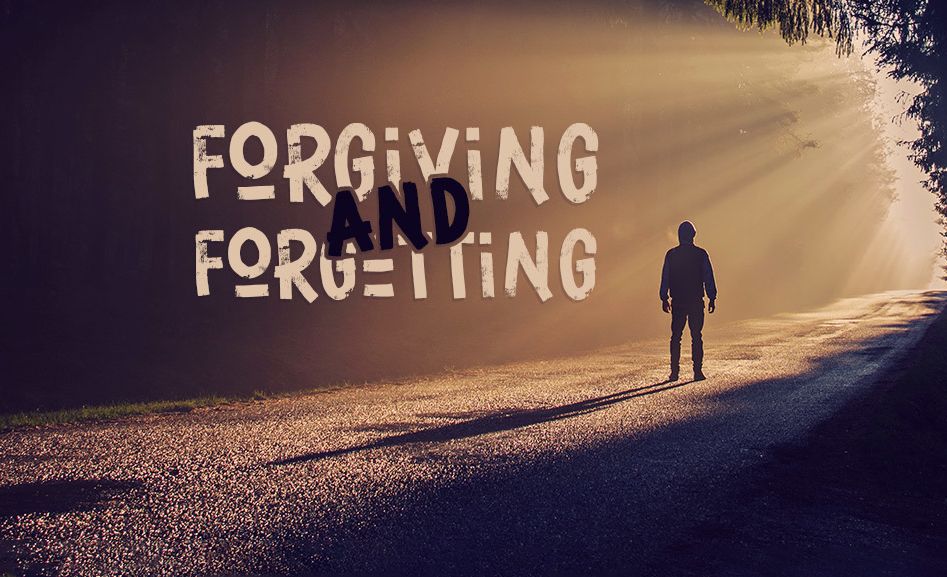


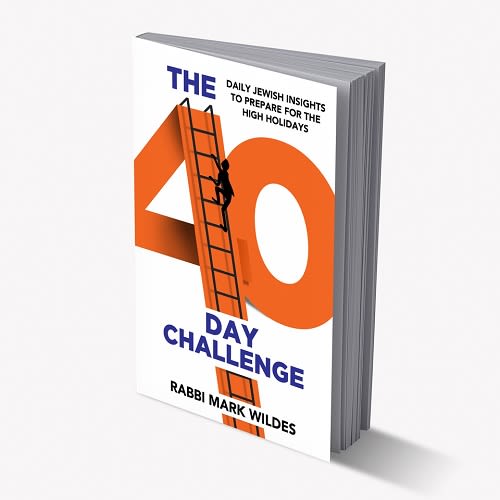
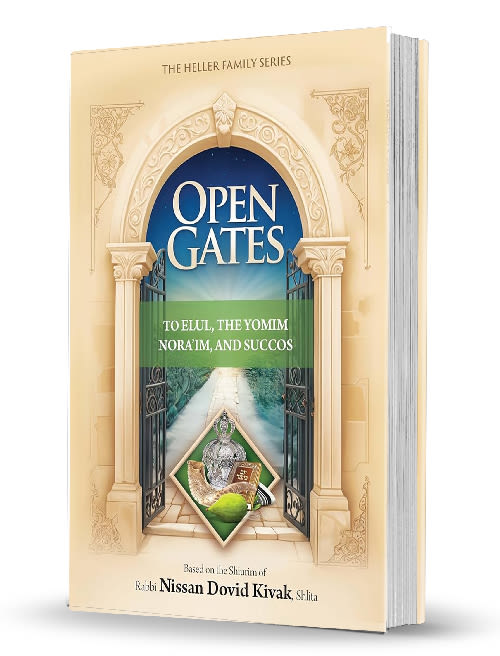

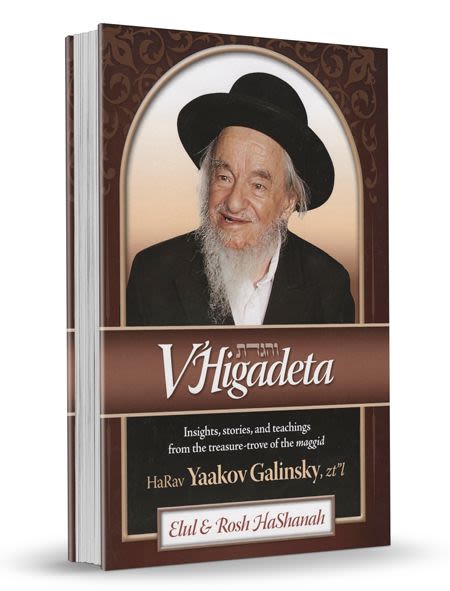
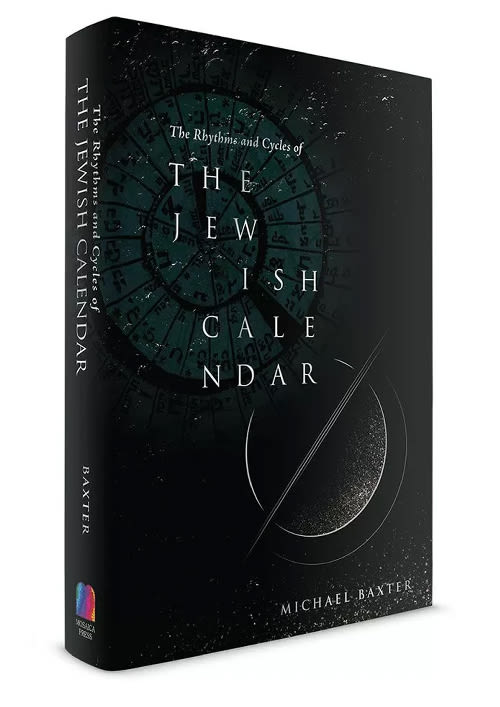
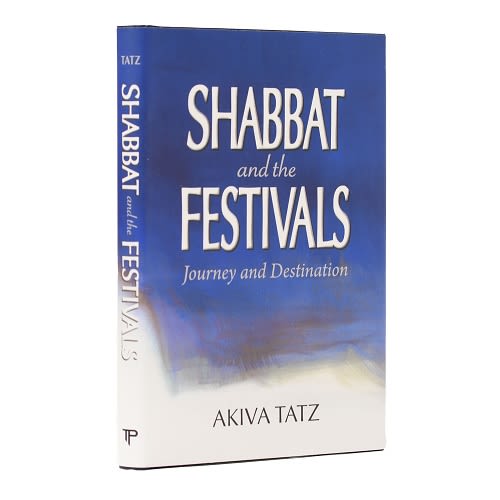
Tell us what you think!
Thank you for your comment!
It will be published after approval by the Editor.